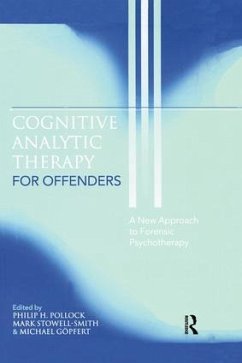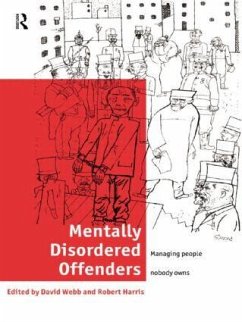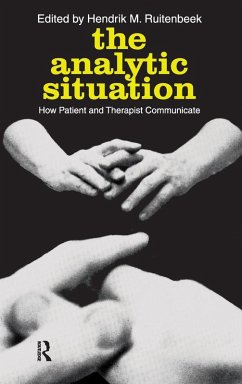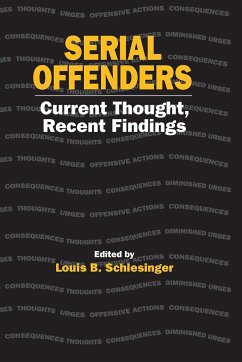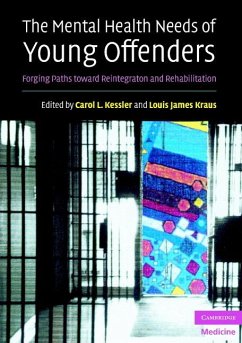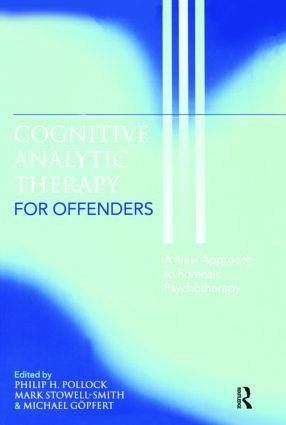
Cognitive Analytic Therapy for Offenders
A New Approach to Forensic Psychotherapy
Herausgeber: Pollock, Philip H.; Göpfert, Michael; Stowell-Smith, Mark
Versandkostenfrei!
Versandfertig in 1-2 Wochen
72,99 €
inkl. MwSt.
Weitere Ausgaben:

PAYBACK Punkte
36 °P sammeln!
Cognitive analytic therapy (CAT) is an established form of integrated psychotherapy, which has been applied in a variety of clinical settings to a diversity of disorders with promising outcomes. In "Cognitive Analytic Therapy for Offenders," the authors describe the application of CAT to forensic settings, illustrating the use of this type of therapy with a range of offence types and clinical disorders. CAT is presented as a new form of forensic psychotherapy which can enhance the understanding, conceptualization, treatment and management of offenders. The book offers a novel description of cl...
Cognitive analytic therapy (CAT) is an established form of integrated psychotherapy, which has been applied in a variety of clinical settings to a diversity of disorders with promising outcomes. In "Cognitive Analytic Therapy for Offenders," the authors describe the application of CAT to forensic settings, illustrating the use of this type of therapy with a range of offence types and clinical disorders. CAT is presented as a new form of forensic psychotherapy which can enhance the understanding, conceptualization, treatment and management of offenders. The book offers a novel description of clinical practice and describes the innovative application of cognitive analytic therapy to forensic work in a variety of contexts and settings for numerous offence types and clinical disorders, including: - CAT in the treatment of child sex offenders in secure forensic settings - The use of CAT with women in secure settings - CAT for parents within prisons - CAT for borderline and psychopathic personality disorder - CAT for a stalking offender - Community-based CAT with perpetrators of domestic violence - CAT for homicide perpetrators (rage-type, serial sexual, dissociative homicides) - The application of CAT for Court reporting and managing boundary violations This book provides an account of a fresh, new approach to conceptualization and treatment in forensic psychotherapy, and offers the first description of CAT presented in the form of a compilation of illustrations of practice. It will be essential reading for clinical psychologists and psychiatrists, occupational therapists, and anyone who works within services for offenders.





